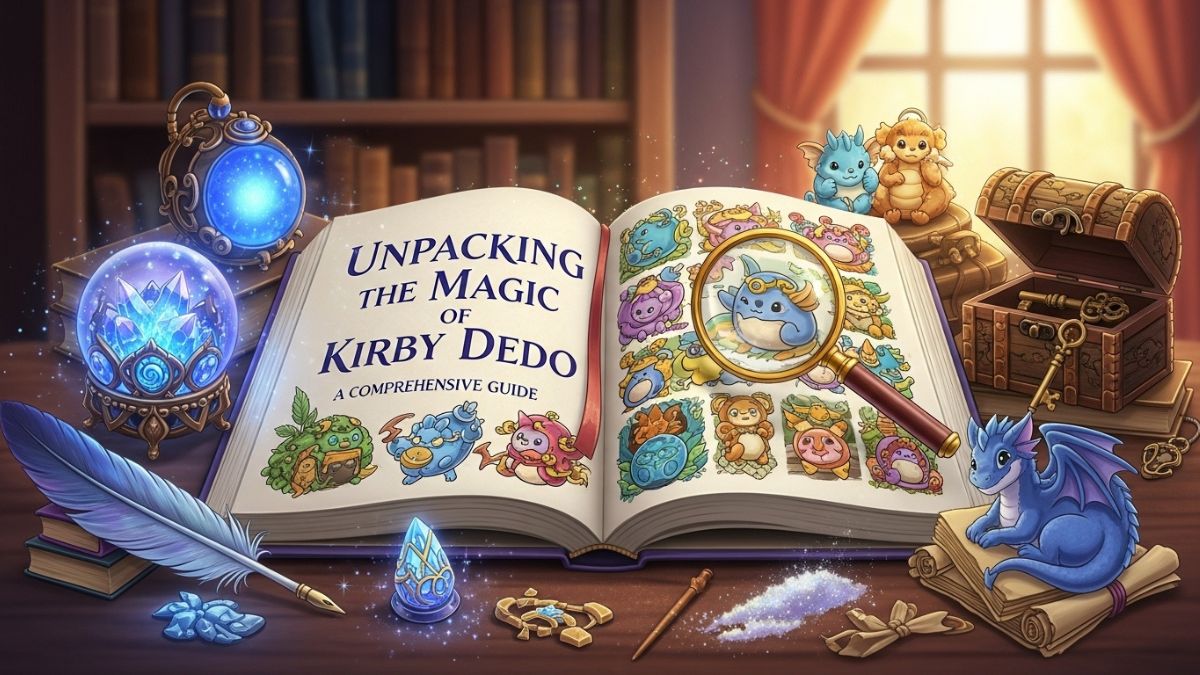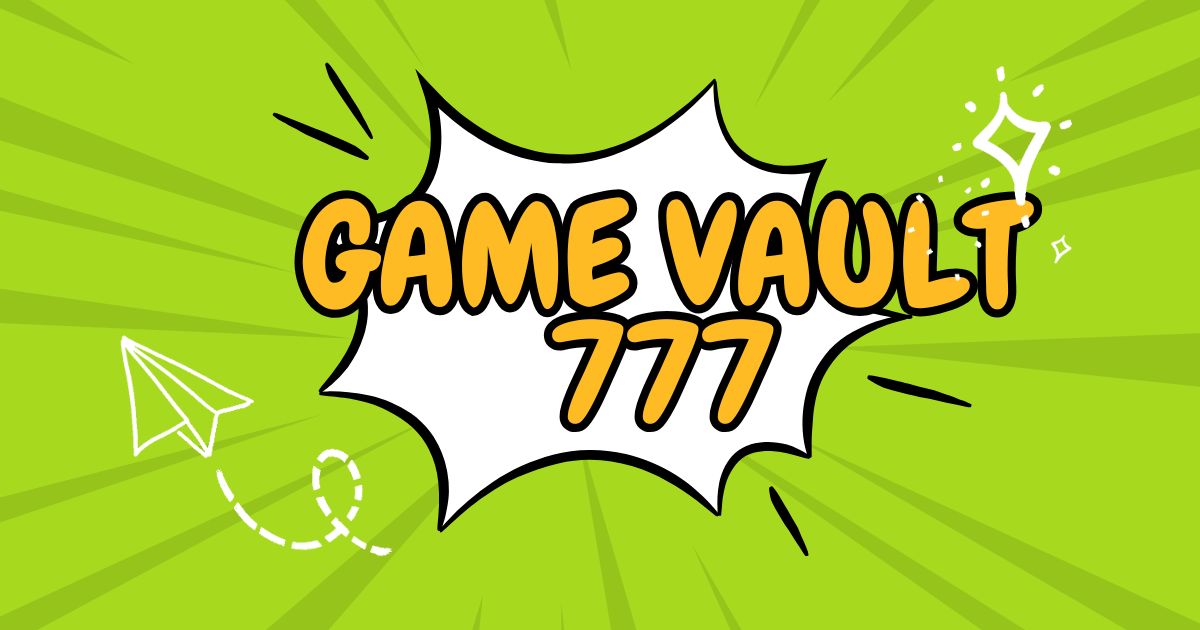The phrase “totally wackadoodle” has been circulating online and in casual conversations, particularly in discussions related to the New York Times (NYT). But what does this quirky term really mean, and why is it associated with a renowned publication like the NYT? This article delves into the origins, usage, and implications of “totally wackadoodle” and explores how it has become a part of the digital lexicon.
Understanding the Term Totally Wackadoodle
“Totally wackadoodle” is a playful, informal expression used to describe something or someone that is perceived as bizarre, absurd, or irrational. The word “wackadoodle” itself is a blend of “wacky” and “doodle,” with “wacky” meaning crazy or eccentric, and “doodle” adding a whimsical tone. When combined with “totally,” the phrase takes on an exaggerated form, emphasizing the extent of the oddity or absurdity being described.
This term often carries a humorous or lighthearted connotation, making it suitable for casual, informal conversations. However, when applied to a serious context, such as a news outlet like the New York Times, it can take on a more critical tone, suggesting that the content or stance of the publication is seen as outlandish or ungrounded.
Why Totally Wackadoodle NYT Gained Popularity
The association of “totally wackadoodle” with the New York Times likely stems from the increasing polarization in media consumption. As audiences become more divided along ideological lines, the way they perceive news sources also diverges. The NYT, known for its comprehensive and often liberal-leaning coverage, is frequently at the center of this divide.
For some readers, the NYT represents a beacon of high-quality journalism, while others view it as biased or out of touch with certain realities. In this context, “totally wackadoodle” becomes a catchphrase for those who disagree with or criticize the publication’s content, framing it as overly sensational, eccentric, or disconnected from mainstream viewpoints.
The Role of Social Media in Spreading the Term
Social media platforms have played a significant role in popularizing the phrase “totally wackadoodle NYT.” On platforms like Twitter, Facebook, and Reddit, users often share their opinions on news articles, sometimes using hyperbolic language to emphasize their points. The phrase is easily shareable and memorable, making it ideal for posts that aim to critique or lampoon the NYT’s coverage.
Moreover, the phrase fits well within the character limits of platforms like Twitter, where brevity is key. It allows users to convey their discontent or amusement quickly, which is crucial in the fast-paced environment of social media. As more users adopt the phrase, it gains traction and becomes a part of the broader online discourse surrounding media criticism.
The Impact of Totally Wackadoodle NYT on Public Perception
The widespread use of “totally wackadoodle NYT” can influence public perception in several ways. For one, it can reinforce existing biases among readers who already have a critical view of the New York Times. When these readers encounter the phrase, it validates their belief that the publication is out of step with their values or perspectives.
On the other hand, the phrase can also polarize discussions further by dismissing the NYT’s work as absurd without engaging with the substance of the articles. This kind of rhetoric can contribute to a more fragmented media landscape, where meaningful debate is overshadowed by snappy, dismissive catchphrases.
However, it’s important to note that not everyone who uses the phrase “totally wackadoodle NYT” does so with serious intent. Some may use it ironically or as a joke, poking fun at the increasingly dramatic language used in media criticism. In this sense, the phrase also reflects the playful, irreverent side of online culture.
How the New York Times Responds to Being Called Totally Wackadoodle
While the NYT has not officially addressed the phrase “totally wackadoodle” directly, it has responded to criticism in general by continuing to uphold its journalistic standards. The NYT often highlights its commitment to thorough reporting and fact-checking, emphasizing the importance of providing readers with accurate and reliable information.
In a media environment where phrases like “totally wackadoodle NYT” are used to challenge the credibility of news outlets, the NYT and similar publications must navigate the balance between addressing criticism and maintaining editorial independence. This involves acknowledging public concerns while also standing firm on the principles of good journalism.
The Future of the Term Totally Wackadoodle NYT
As with many phrases that gain popularity online, the future of “totally wackadoodle NYT” is uncertain. It may continue to be used as a humorous critique of the NYT or other media outlets, or it could fade into obscurity as new terms and phrases emerge. The longevity of such expressions often depends on their relevance to ongoing cultural and political conversations.
However, the phrase’s impact on media discourse cannot be understated. It serves as a reminder of the power of language in shaping public opinion and the ways in which social media can amplify certain perspectives. Whether the phrase endures or not, its existence highlights the dynamic relationship between media, language, and public perception.
FAQs
What does “totally wackadoodle” mean?
“Totally wackadoodle” is an informal phrase used to describe something that is bizarre, absurd, or irrational. It combines “wacky” (meaning crazy or eccentric) with “doodle,” adding a whimsical tone.
Why is “totally wackadoodle NYT” associated with the New York Times?
The phrase is often used by those who view the NYT’s content as outlandish or disconnected from their perspectives. It reflects criticism or disagreement with the publication’s coverage.
How has social media influenced the use of “totally wackadoodle NYT”?
Social media has amplified the phrase, making it a popular catchphrase for those critiquing the NYT. Its brevity and memorability make it ideal for sharing opinions quickly.
Does the New York Times respond to being called “totally wackadoodle”?
While the NYT hasn’t directly addressed the phrase, it continues to focus on its commitment to accurate and reliable journalism, emphasizing the importance of fact-checking and thorough reporting.
Will the phrase “totally wackadoodle NYT” continue to be used?
The future of the phrase is uncertain. It may persist as a humorous critique or fade as new terms emerge, depending on its relevance to ongoing cultural and political discussions.















